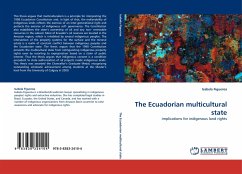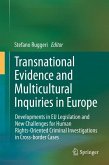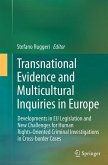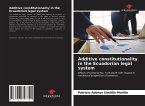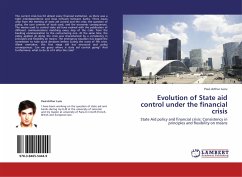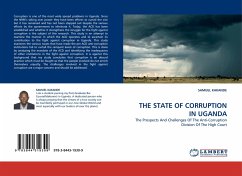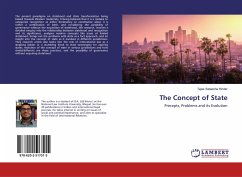This thesis argues that multiculturalism is a principle for interpreting the 1998 Ecuadorian Constitution and, in light of that, the inalienability of indigenous lands reflects the exercise of an inter-generational right and protects the exercise of indigenous self- governance. The Constitution also establishes the state s ownership of oil and any non- renewable resources in the subsoil. Most of Ecuador s oil reserves are located in the Amazon region, which is inhabited by several indigenous peoples. The intersection of the property systems for the surface and the mineral estate is a realm of constant conflict between indigenous peoples and the Ecuadorian state. The thesis argues that the 1998 Constitution prevents the multicultural state from extinguishing indigenous property rights even by resorting to expropriation based on a claim of public interest. Thus the thesis argues that indigenous consent is a condition precedent to state authorization of oil projects inside indigenous lands. This thesis was awarded the Chancellor s Graduate Medal, recognizing outstanding scholastic achievement among students at the Master s level from the University of Calgary in 2009.
Bitte wählen Sie Ihr Anliegen aus.
Rechnungen
Retourenschein anfordern
Bestellstatus
Storno

